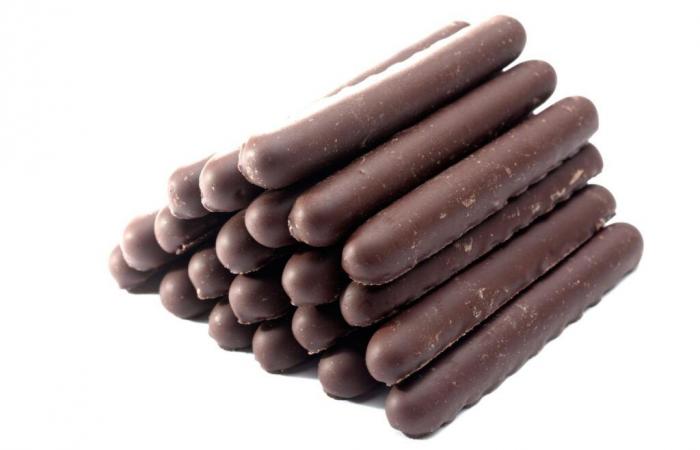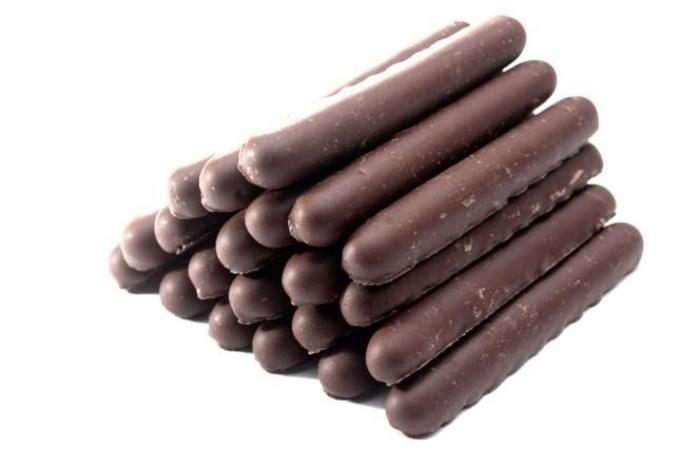No official announcement
On October 30, the newspaper Liberation revealed that Cadbury Fingers, ce “perfect link between the fine Mikado and the big Twix”, were no longer sold in France since the spring, without any official announcement. When questioned, the food giant Mondelez International, which absorbed Cadbury in 2010 and also owns, among others, LU, Toblerone, Côte d'Or and Milka, did not wish to react. No more than its subsidiary in the United Kingdom, responsible for the distribution of biscuits in France, and which left it to Lightbody Europe, intermediary distributor of Fingers, to confirm the cessation of their marketing. Without giving a glimpse of a possible return to the shelves.
A feeling of betrayal
As in 2015 with the disappearance of Figolu, also owned by Mondelez International and put back on sale five years later, the end of Fingers has left nostalgic gourmands in an uproar. “We trust industrial brands to find in each consumption experience a precise taste standard, the attachment to which is built during pleasant experiences. When Cadbury removes its Fingers without warning, the trust established with the brand is shattered,” analyzes Sophie Thiron, doctor in sociology of food and emotions at the University of Toulouse-Jean-Jaurès. “The potential vessel that allowed travel to other times, other contexts or with people from the past has vanished,” she bursts into flames. And here we are chocolate.
A tea time regular
In 1824, the Quaker John Cadbury opened a small shop in Birmingham (Great Britain), in which he sold tea, coffee and cocoa. The latter is then only consumed by the wealthiest and does not exist in tablet or biscuit form. In 1897, the family business, which sought to make this exotic product accessible to the general public, offered its Fingers for the first time in assortments sold in tin boxes. It was not until 1950 that these long, thin biscuits covered with chocolate, both practical to enjoy and easy to share, were marketed in suitable packets, becoming a tea time classic in the United Kingdom.
Read also | Cadbury: the chocolate utopia
Read later
The Queen's Biscuits
Among the fans of Cadbury's sweets was Queen Victoria, who in 1854 awarded the brand a royal warrant (“royal mandate”): this august pledge of approval then allows selected companies to display the coat of arms of the monarchy on their products and advertising materials. Renewed by Elizabeth II, this label, a real asset for promoting sales in the United Kingdom as well as exports, particularly in China and Japan, ends upon her death in 2022. Several Ukrainian associations then asked Charles III not to not renew the precious mandate, due to the intense economic activity of Mondelez International in Russia. Buckingham did not react publicly, but the Fingers lost their privilege in the process.







